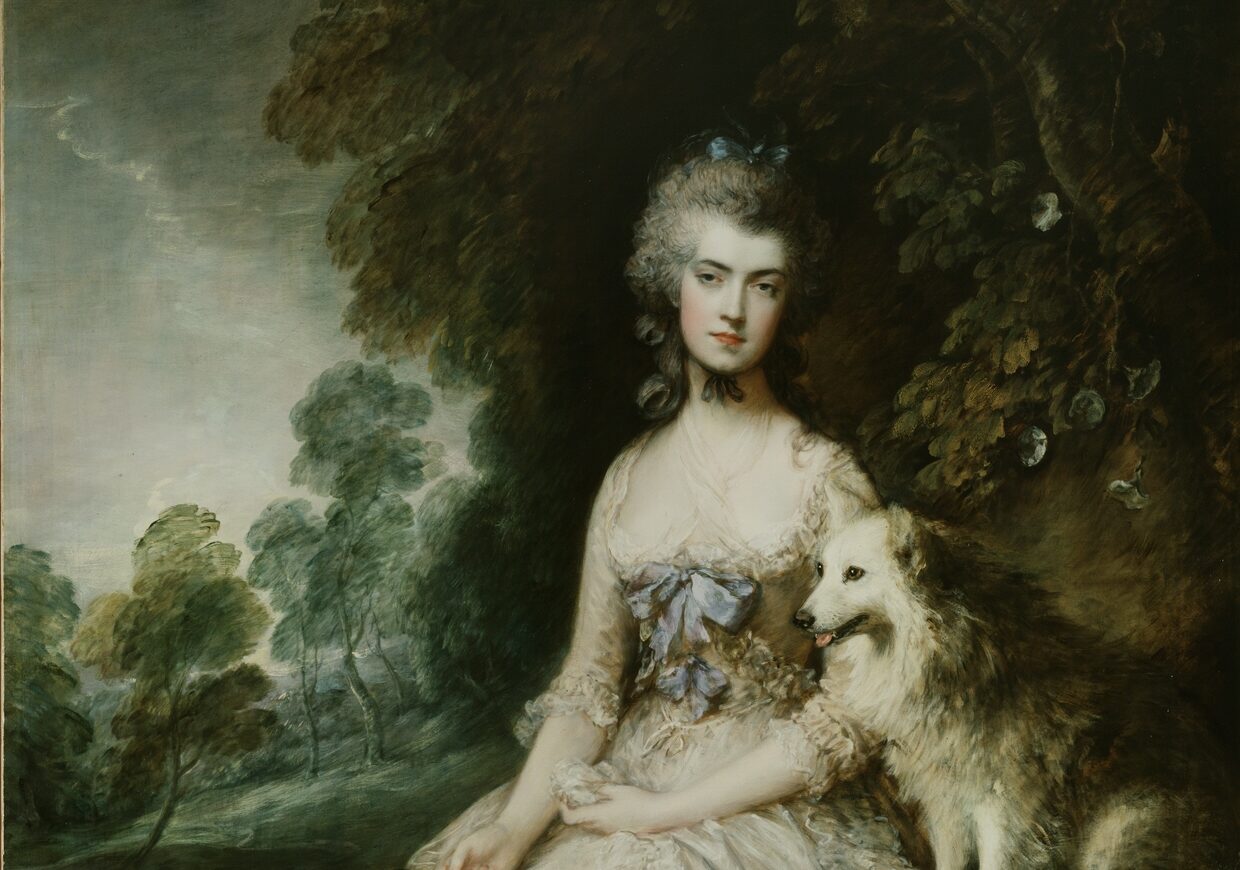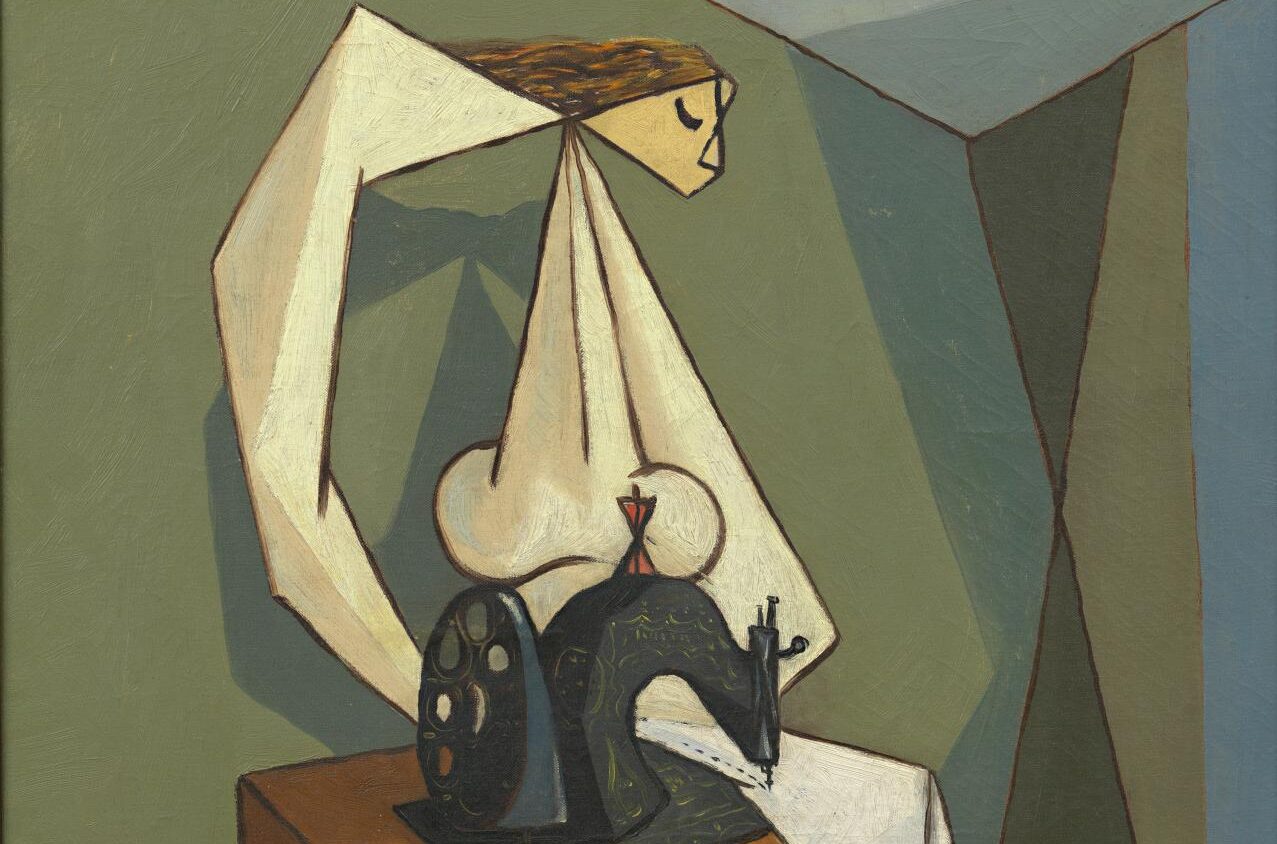In “Washing Day,” temporality and memory liberate the speaker from oppressive patriarchal constructions of time, literary history, and labour, ultimately revealing how male-dominated institutions suppress women’s consciousness and imaginative capacities.
Comments closedCategory: Uncategorized
On the surface, the story of this image reaches a dead end. I want to know who those women are and who made the sign. Did they know each other? Where did they meet? Who is the photographer? Why are these details so hard to find?
Comments closedThe marginal symmetry between female authors and their footnotes authorizes the radical deployment of footnotes for women writers: footnotes can not only articulate women’s alienation and assert authorial agency, but in doing so, afford women the opportunity to permeate canonical male literary institutions.
Comments closedThe film’s representation of the heroines’ interiority does not denote their emancipation from their respective hetero-patriarchal contexts, but it asserts the possibility of their independence despite these circumstances.
Comments closedIn Cohen’s album Death of a Ladies’ Man, he croons from an uncharacteristic third-person perspective which provides a sense of distance between the singer and his highly autobiographical narrative. This vocal space establishes that despite Cohen’s metaphysical death as a lover, his existence as a storyteller continues.
Comments closedFred Wah’s Diamond Grill, Eden Robinson’s Monkey Beach, and Madeleine Thien’s “Simple Recipes” use their respective forms to write against the colonial imposition of neatly constructed realist narratives and recipes, instead exploring hybrid forms that allow for the embrace of cultural openness and fluidity.
Comments closedEXPOSURES sets itself up as a protected space for the Montreal queer community in opposition to an increasingly hostile majority culture. The festival’s underground sanctuary was compromised when, during the pre-screening event on the first evening, CBC Montreal entered the space to report on the festival.
Comments closedHester’s labor is not a way in which she suffers, instead it is a way for her to overcome suffering and work around her punishment.
Comments closedFanny’s class status leads her to be treated in a way that mirrors colonial affairs tied to the Bertram family. However, Fanny’s ability to display agency related to her romantic desires distances her from this analogy.
Comments closed







